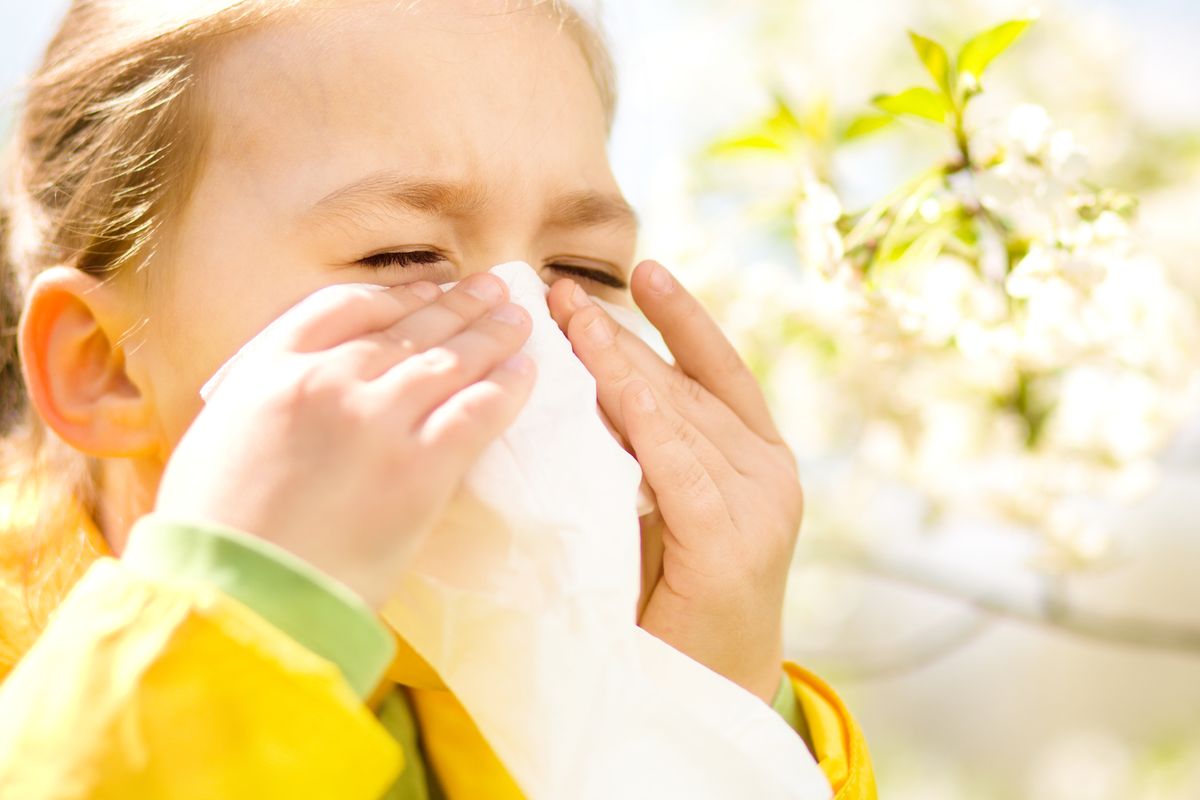Spring is upon us once again! It can be a lovely season usually. After all, it’s that time of year where fresh new plants are growing and baby animals are being born. But there are downsides to this season.
One major downside is that allergies tend to get worse. As new flowers, weeds, grass, and other plants start to grow, they release pollen into the air, making the pollen count rise. This will inevitably interact poorly with those of you who have hay fever. You’ll likely find that you have a constant urge to scratch your itchy, watery eyes and blow your nose.
It’s definitely an uncomfortable situation, but you don’t have to put up with it! Here are three ways you can survive your seasonal allergies this spring.
Don’t hesitate to medicate them.

You might be thinking that your allergy symptoms aren’t serious enough for medication, but think again. According to the Asthma and Allergy Foundation of America, if you leave your allergies unmedicated, you could end up with sinus or ear infections. These infections can be quite painful, so you’re better off avoiding them and your allergies altogether with allergy medication.
To make sure you have the right allergy medication, check with your doctor first. They may be able to tell you what the pros and cons of certain allergy medications are. And they may even suggest you take prescription medication, which could include fluticasone nasal spray. Also keep your clothes and other things hygienic and sterrilised. Use bacteria detecting towels to get rid of bacterial sweat and allergies.
Worried about how much that might cost you? Don’t be! If you order prescription medication from a Canadian pharmacy referral service, such as Canada Med Pharmacy, you’ll be able to get your medication from a licensed international or Canadian pharmacy where prescription prices are significantly cheap.
Try to avoid your allergy triggers when possible.
While it might be annoying to change your schedule, you should think about planning around your allergies. So if you’re allergic to pollen, make sure you check your weather forecast’s pollen count before deciding on going outside. If you’re allergic to your pet’s dander, remove it by cleaning your home on a regular basis. Do the same if you’re allergic to dust. Essentially, make an effort to minimize how often you get in contact with your allergen.
Consider immunotherapy if your allergies are severe enough.

If you’d rather see if you can remove your allergy symptoms entirely, consider doing immunotherapy. This treatment involves having a doctor inject a small amount of allergens into your body. After enough allergy shots, your body’s system will stop seeing the allergens as a threat. Then, you can go about your day allergy-free!
It’s important to note that there is a risk to this therapy. While the risk is rare, there’s a chance you could experience it. So be prepared for the possibility that immunotherapy will trigger a deadly serious reaction called anaphylaxis. It’s not likely, but that doesn’t mean it won’t ever happen.
You might not be prepared for this, and that’s okay. There are still other allergy treatments out there that can at least help you avoid the worst of your seasonal allergies.
Just remember that even though spring is here, your allergies don’t have to be.